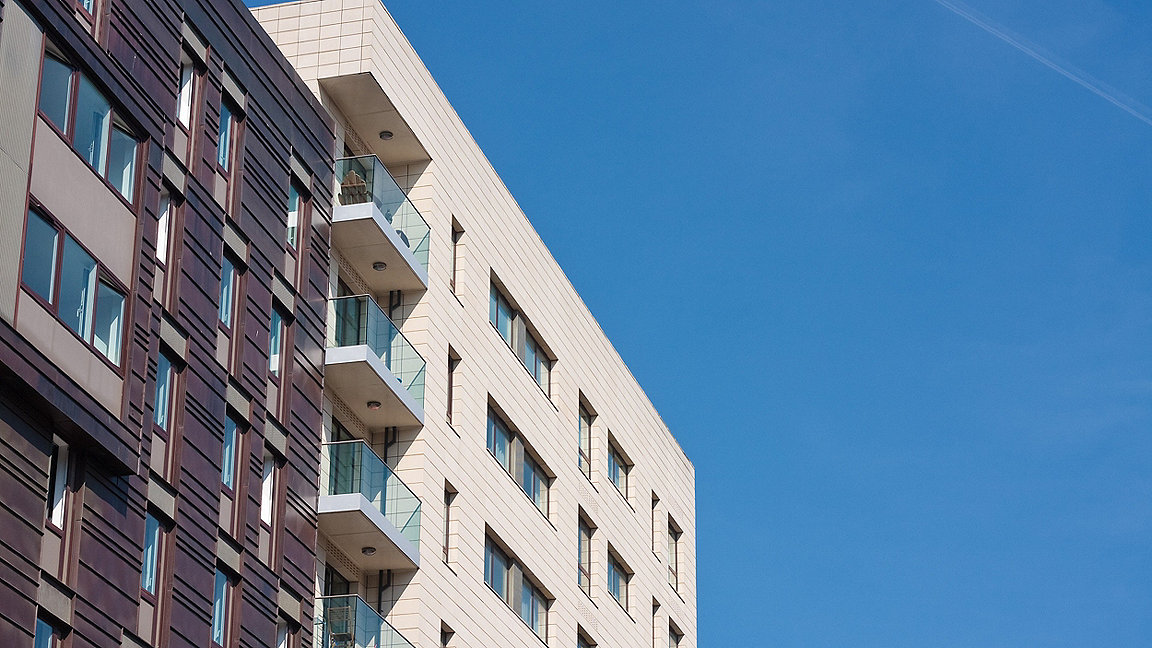
In July, the Court of Appeal handed down a much-anticipated judgment in the case of URS Corporation v BDW Trading Ltd [2023] EWCA Civ 772.
The ruling has made it easier for developers of residential buildings that have incurred costs in remediating unsafe dwellings to recover such costs from those that carried out the defective works.
It has done so by confirming that the extended limitation periods introduced by the Building Safety Act 2022 have retrospective effect, and apply even to claims that are already the subject of live proceedings.
The ruling also confirms that developers can claim for remediation costs under the Civil Liability (Contribution) Act 1978, even where they are not themselves the subject of claims by third parties.
In URS, housing developer BDW Trading had engaged construction engineering firm URS Corporation to design two residential developments, one on the Isle of Dogs in London and the other in Leicester.
Building works for the London apartments were completed in or around February 2008, and the Leicester apartments in or around October 2012.
In both cases, BDW sold the properties following practical completion and transferred its interests in them, by December 2008 and May 2015 respectively.
Following the Grenfell Tower fire in 2017, however, BDW – perhaps under pressure from concerned residents or simply out of an ethical obligation to do so – conducted a review of the developments and found structural design defects in both.
BDW subsequently incurred millions of pounds' worth of costs in investigating the issues, carrying out temporary works, temporarily evacuating one block in London, and carrying out permanent remedial works.
In March 2020, BDW brought a professional negligence claim against URS in the High Court, seeking compensation for the losses it had incurred.
After the Building Safety Act receiving royal assent in April 2022, BDW also applied for – and was granted permission by – the High Court to amend its claims against URS to add others, under the Defective Premises Act 1972 and the Civil Liability (Contribution) Act 1978, benefitting from the new, lengthier limitation provisions introduced by the new legislation.
This significantly enhanced its claim and thus its prospects of success.
The 2022 Act extends the period during which a potential claimant can bring a claim under the 1972 Act from six years from completion of a dwelling to either 30 years for dwellings completed before 28 June 2022, or 15 years for dwellings completed after that date.
URS appealed the High Court's decision, arguing that the extended limitation period could not apply to existing claims in current proceedings, and also that a claim could not be brought under the Civil Liability (Contribution) Act 1978 because there was no claim against BDW from a third party; that is, BDW had incurred the remediation costs off its own back, so could not now claim a contribution towards those from URS under the 1978 Act.
The Court of Appeal found in BDW's favour, dismissing the appeal and ruling as follows.
The Court of Appeal has helpfully clarified that claims to recover defect rectification costs under the 1972 Act – which were until recently time-barred – can now be brought courtesy of the extended limitation periods introduced by the 2022 Act.
The new extended limitation rules have retrospective effect, regardless of whether a claim is already proceeding in the courts. This stands to alter radically the strength of certain claims, and will mean that parties to existing proceedings will have to reassess their risks and probable liability quickly.
The decision is likely to lead to an increased number of claims under the 1972 and 1978 Acts, in relation to existing buildings where previous limitation rules excluded recovery.
This judgment should also be welcomed by developers that have proactively remediated their buildings and are now seeking to recover costs from those involved with their construction.
But given there is likely to be a rise in claims for design errors/incorrect selection of materials, the implications for professional indemnity insurers are perhaps not so rosy.
'The new extended limitation rules have retrospective effect, regardless of whether a claim is already proceeding in the courts'
The Institution's own site also hosts an information centre on the act that is frequently updated, and an FAQs page, as well as a fire safety hub.
David Greenwood is a senior associate at Pinsent Masons
Contact David: Email
Related competencies include: Conflict avoidance, management and dispute resolution procedures, Fire safety, Legal/regulatory compliance
PROPERTY JOURNAL
Ludmila Simonova 26 April 2024
BUILT ENVIRONMENT JOURNAL
David Greenwood and Arpan Gupta 23 April 2024